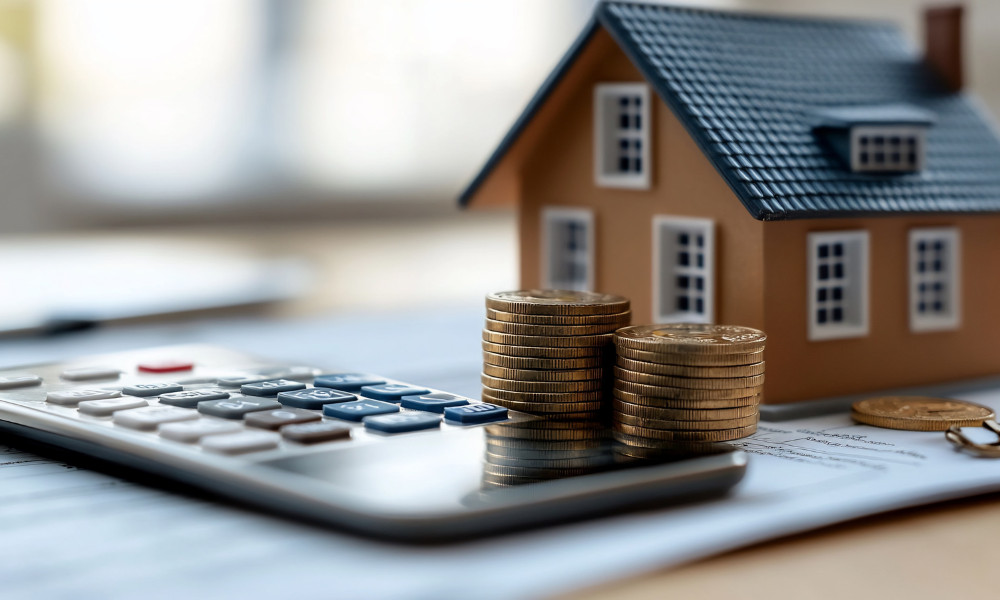Did the government consider introducing the measure?

Canadians were quietly polled on a possible home equity tax last year despite federal government promises not to introduce the measure.
The polling, conducted in June 2024 by The Strategic Counsel of Toronto, sought opinions from Canadians on the fairness of taxing home equity. The timing coincided with prime minister Justin Trudeau’s meeting in Vancouver with advocates of home equity taxation, raising questions about the government’s intentions.
The report, titled Continuous Qualitative Data Collection of Canadians’ Views and obtained by Blacklock’s Reporter, revealed that participants were educated on Canada’s “principal residence exemption.” This exemption currently allows homeowners to avoid paying capital gains tax on the sale of their primary residence, a policy that has long been a cornerstone of Canadian homeownership.
Participants in the focus groups were unanimous in their belief that the exemption was fair, and many voiced strong opposition to any move toward taxing home equity.
“Several were of the opinion that saving for a home and paying off a mortgage in Canada required decades of hard work and discipline,” the report stated, emphasizing that participants did not view the sale of a primary residence as comparable to other real estate investments.
Contradictory signals
In April 2024, the federal government, under then-finance minister Chrystia Freeland, explicitly ruled out taxing home equity when it introduced a $17.4 billion increase in capital gains taxes.
“This change will not, of course, apply to the sale of Canadians’ principal residence, which is and will remain fully exempt from the tax on capital gains,” Freeland assured Canadians at the time.
However, the decision to poll Canadians on the issue just two months later has cast doubt on those assurances. Critics have noted that Trudeau’s attendance at a Vancouver meeting with University of British Columbia researchers—who have publicly supported home equity taxes—suggests the government is at least entertaining the idea, Toronto Sun noted.
In an edited recording of the meeting, Trudeau acknowledged alternative approaches to retirement planning, pointing to countries with lower rates of homeownership.
“The idea you would buy a home, you would pay off the mortgage, and then you would watch the value of it skyrocket and that would be your pension,” he said, adding that Canada could learn from other nations where retirement savings are not tied so closely to home equity.
Many see the prospect of a home equity tax as a penalty on middle-class families who have worked for decades to achieve financial security through homeownership.
“Several were of the opinion that saving for a home and paying off a mortgage in Canada required decades of hard work and discipline and did not believe the sale of one’s primary dwelling should be taxed at the same rate as other real estate investments,” said the report.
Any thoughts on this story? Let us know in the comments below.



